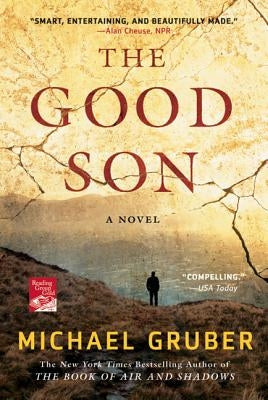The Good Son
$20.99
Market Street
$20.99
My Brother and His Brother
$16.99
The Night Child
$15.95
Footsteps in Time
$16.99
Childgrave
$20.99
The Science of Lost Futures
$16.00
Home
$16.95
The Invented Part
$18.95
War, So Much War
$13.95
The Troublemakers
$20.00
Dead Love Has Chains
$17.99
Twilight
$15.95
A Long Line of Dead Men
$18.99
Away! Away!
$14.99
The Gloaming
$16.99
The Living Days
$15.95
The Menstruating Mall
$13.99
Cape Cod Noir
$18.95
Jesus Boy
$23.95
The First Thing and the Last
$22.95
Quilt as You Go
$17.99
Why I Killed My Best Friend
$13.95
Tales of the Out & the Gone
$19.95
Baboon
$12.95
On Sarpy Creek
$16.95
Beyond The Moon
$20.99
Panty
$14.99
The Place of the Lion
$7.99
The Old Man and His Sons
$13.95
Rain: And Other Stories
$14.95




















































